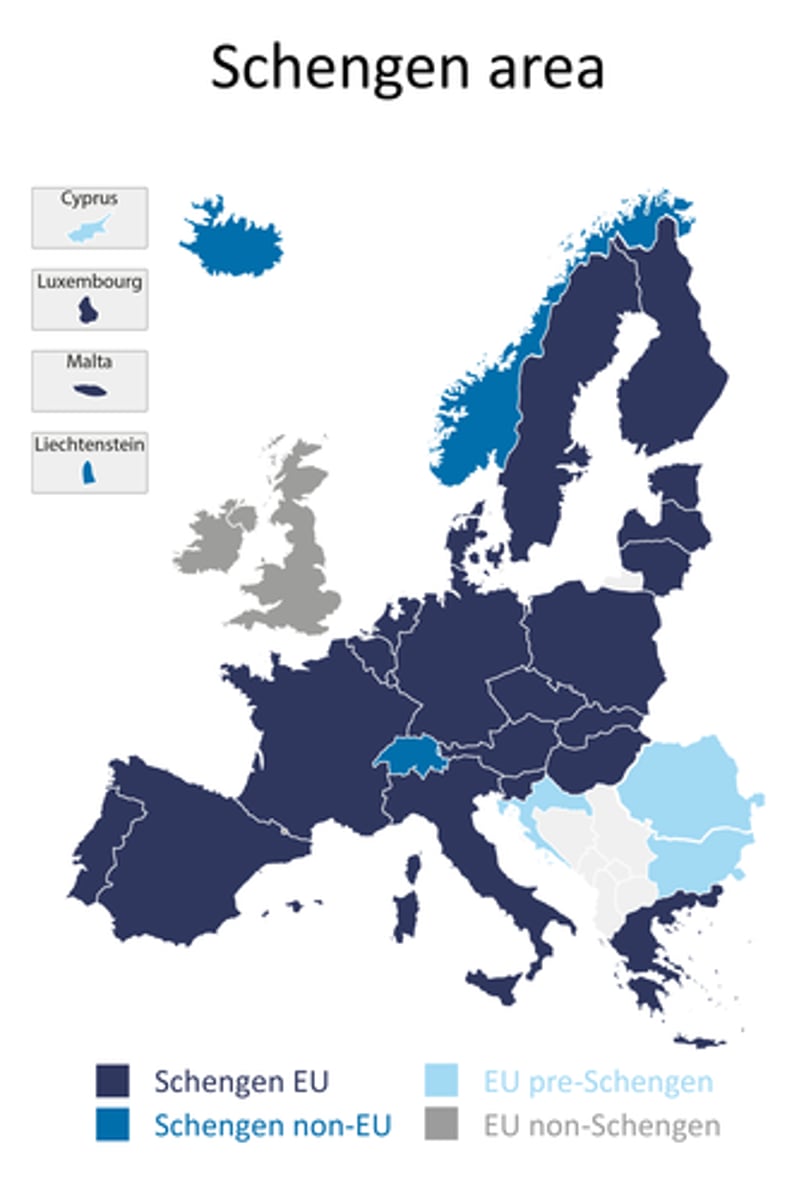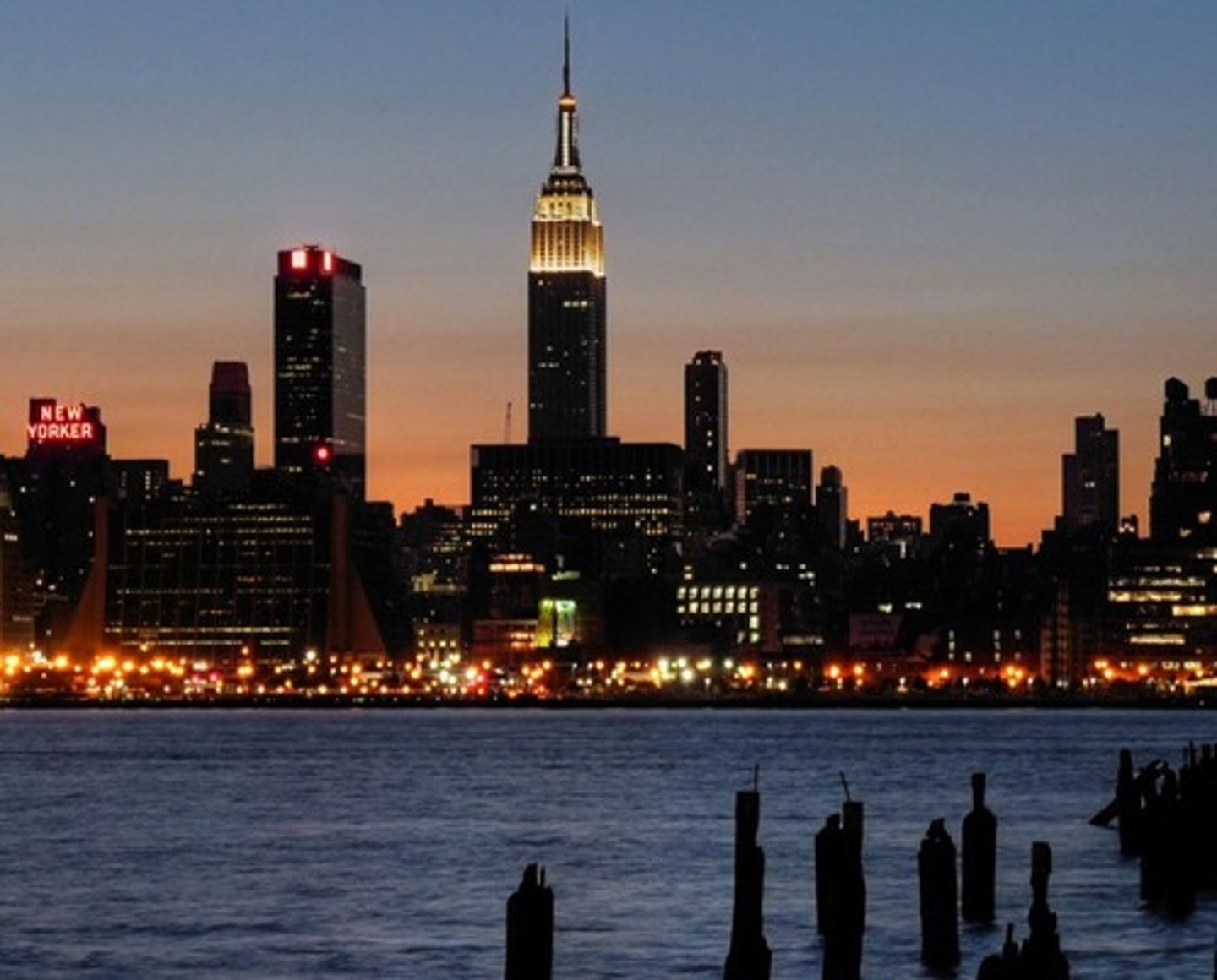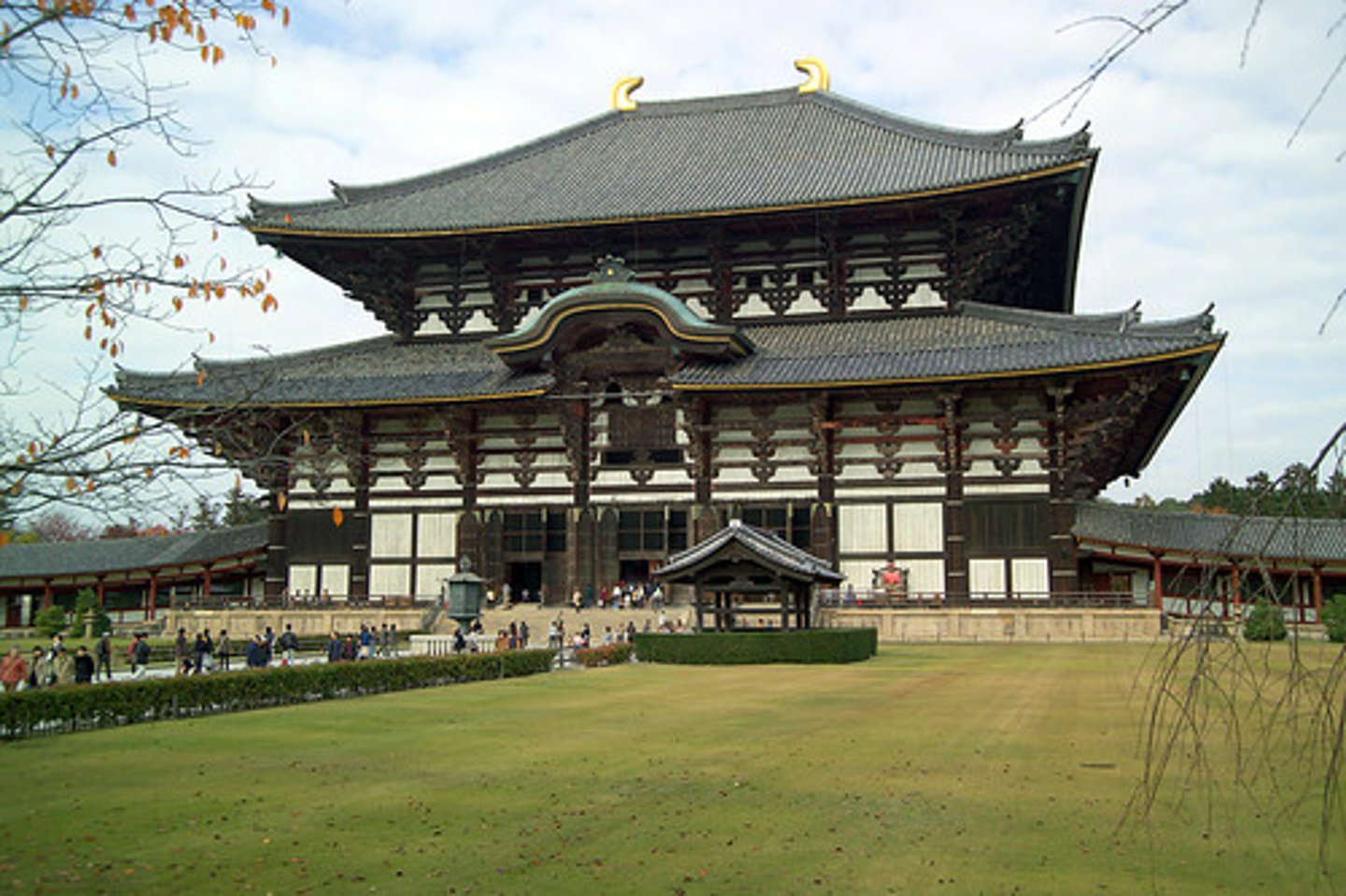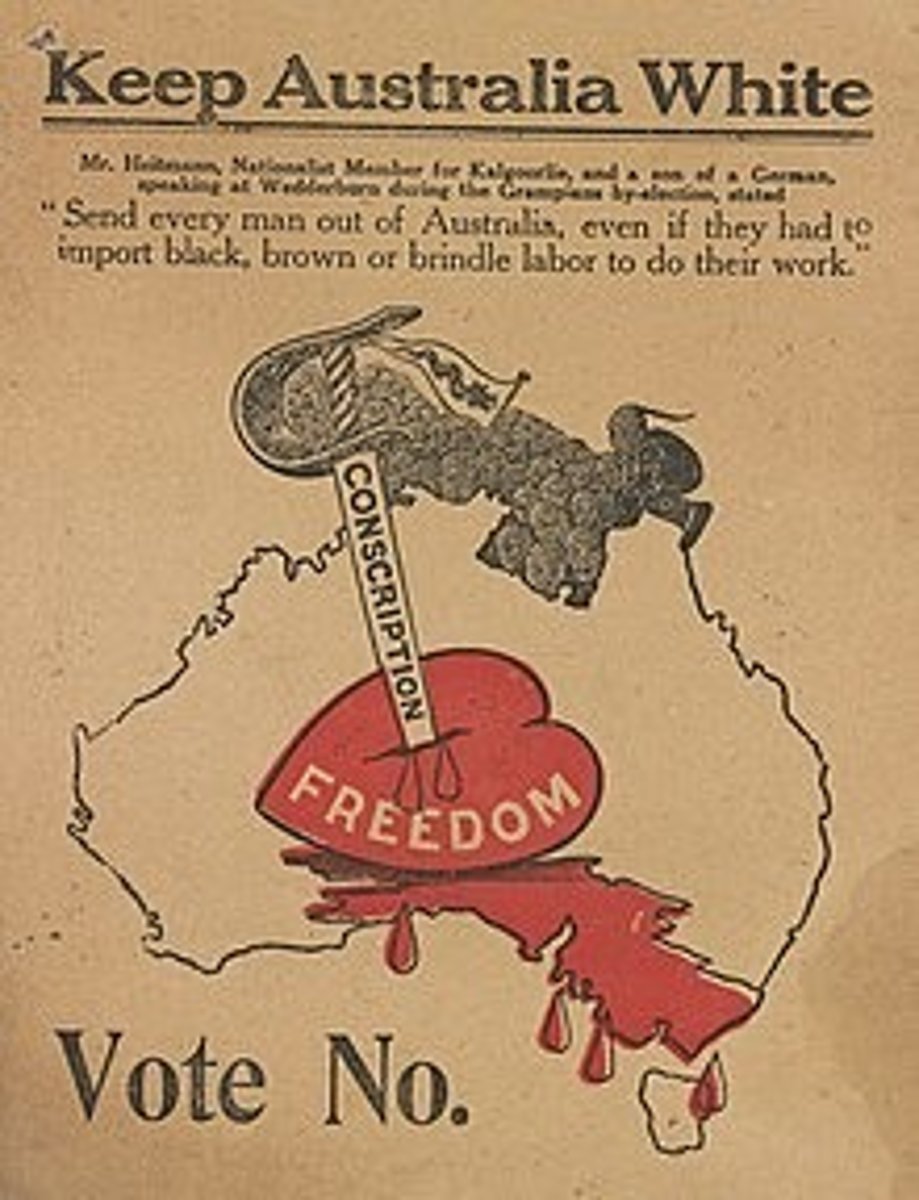Edexcel A-Level Geography - MIS Case Study
1/19
There's no tags or description
Looks like no tags are added yet.
Name | Mastery | Learn | Test | Matching | Spaced |
|---|
No study sessions yet.
20 Terms
Schengen Area
- core-periphery polarisation
- free movement of labour has helped international core-periphery pattern to develop
- the EU core region = Southern England, Northern France, Belgium + most of Western Germany
- World Cities = London, Paris, Brussels + Berlin
- Most national borders within EU were removed in '95 (Schengen Agreement)
- easier movement of people and goods (no passports needed)
- UK didnt sign (wanted to keep border controls)
- Schengen Agreement in 2007-8 allowed free movement of labour to wherever in most demand
- fears of terrorism = questions the wisdom of free movement

Singapore Migration Policy
- was an EE now is developed
- 5 million people
- great ethnic diversity
- due to past British colonial port
- 4th largest financial centre
- many global businesses + institutions have their HQ in Singapore
- many international schools

Japan Migration Policy
- <2% foreign/foreign born
- despite Japan growing as a major global hub from '60s
- tough for newcomers to settle permanently (migration rules)
-pass-or-go home test
- success rate of <1%
- Japan = ageing pop
- 3 workers per 2 retirees - 2060
- many people think the Japanese gov need to relax the rules

Australia Migration Policy
- proportion of foreign workers in AUS is lower = restrictive migration policies
- current points system for economic migrants
- 2013 = 190,000 economic migrants were granted access to AUS
- top 5 source countries = India, china, UK, Philippines + Pakistan

how does environmental change influence global patterns of migration?
- climate change
- environmental refugees
- leave regions where agri is threatened
- Syria's refugee crisis = desertification
- cliamte change intensifies rural poverty
- movers who were economic migrants become environmental migrants due to incerasingly hostile environment
how does economic events influence global patterns of migration?
- global financial crisis 2007-8
- really bad impact on migration
- world GDP shrank
- net migration from Poland fell to its lowest level since 50s
- globalisation has a 'reverse gear'
- future projections for global migrations and urbanistion = treated with caution
- economic systems can become unstable
how does political event influence global patterns of migration?
- new conflicts can trigger randomly
- diversify global migration flows
- since WW2 political regime changes have promoted ethnic groups to flee states
- parts of N Africa, central Africa and the ME - political factors even more important influence on migration than globalisation
- 12 mill ppl have been displaced since the start of the Syrian War
Iceland Vs Singapore
(Cultural Unity)
- physical isolation of Iceland = pop experienced strong sense of common identity
- cultural homogeneity
- many cultural traditions born from hardship
- persisting rituals = foster community cohesion
- 2008 - Maccies left Iceland - high prices had deterred ppl
- land was taken over by a local company - selling only Icelandic food (global culture in retreat)
- young icelanders avid consumers of global culture
- 30,000 tourists a year
- inhabitants:tourists = highest in the world - may lead people wanting to live there forever
- leading to greater cultural diversity
- Singapore = cultural melting pot of Malay, Chinese, Indian and EU
- 'singlish' - variant of english
- lots of different religions (Buddhists, Taoists, Christians, Muslims, Hindus and Sikhs)
- major strategic role (1926-1946) - military and trading hub under British administration
- political decision to make it a free port - encouraged migration from China, India, Indonesia, Malay and ME
- after independence - S = faster growing 'asian tiger' has the world's 3rd highest GDP
Contested Borders - Rwanda
- Tutsi + Hutu ppl in 90s
- spread to DRC and Uganda
- 98-08 = 5mil dead
- due to colonisation
- legacy of colonisation is a host of unstable states that lack cultural coherence
- DRC is home to 240 ethnic groups = joined under Belgian Rule in 1800s
- finally got independence in 60s
- cultural diversity has led to huge challenge in post-colonial unity
- major factor contributing to DRC conflict
Contested Borders - Ukraine and Russia
*including 2022 war*
- Russian borders have changed many times
- Russia annexed part of Ukraine in 2014
- Putin's excuse was that ethnic Russians were being abused in Ukraine for wanting to be russian
- from 1700 onwards, Crimea belonged to Russia
- Ukraine = independent state in 1991
- controversial - many ethnic russians still living there
- conflict in 2014 - led to part of crimea being annexed
- international community condemned it but no-one actually did anything to prevent it (ofc)
Contested Borders - Iraq and Syria
- unhappy fit between state borders
- boundary drawn by UK and Fra (1916)
- led to large Kurdish pop (25mil) spread out now across; Turkey, Iran, Iraq + Syria
- Large Sunni + Shia Muslim pops also divided by Sykes-Picot Agreement
- lots of conflict (terrorism)
- Daesh (IS) and al-Qaeda have show little respect for borders or human rights
- Daesh = advantage of power vacuum in Iraq - created a withdrawal of allied troops
- declared a 'caliphate' - took control over several areas across the 2 countries
- daesh wages a 'jihad' against all other religions
- soldiers pursued a strategy of murdering minority communities (Christian Assyrians, Kurds, Shabaks, Turkmens and Yazidis)
- activities are war crimes and genocide
World Bank
1944
- Washington DC
- give advice
- loans
- grants
- for the reduction of poverty
- promotion of economic development
- offer long-term assistance rather than crisis support
International Monetary Fund
1944
- Washington DC
- monitor economic and financial development of countries
- lend money when they are facing financial difficulty
- helped to provide for countries across the development spectrum
- 2010-15 almost US$40 billion was lent to Greece
World Trade Organisation
1947 + 1995
- Geneva (Switzerland)
- formulate trade policy agreements + settle disputes
- promote free trade on global scale
- trying to get 162 member countries to agree on something is hard
- wealthy countries failing to agree on how far trade in agri should be liberalised
- the fast growth of EEC (China)
Montreal Protocol
1987
- Canada
- steps to fight against Ozone Depletion
- CFC's banned
Climate Change Agreement
- first raised as an issue in 1992
- plagued by uncertainty
- which nation should be responsible for the majority of the carbon emissions
- international co-op = shit, basically, nothing has been done and if anything has been done it is really slow and minimal
CITES
Convention on International Trade in Endangered Species
- 1975
- adopted by 181
- saved ne-ne- bird + Arabian oryx
- rising wealth in China, Indonesia + S Korea = increased trade of ivory + rhino horn
Antarctic Treaty System
1959
- 53 nations
- no one owns the arctic
- only for scientific research
- lacks indigenous people
UNCLOS
- UN Convention on the Law of the Sea
- vast global treaty
- covers navigational rights
- territorial sea limits
- economic jurisdiction
- legal status of seabed resources
- conservation management
- protection of the marine environment + ecosystems
- EEZ management (200 miles from a state's shoreline)
- rights of landlocked states - have the right to access the ocean for purpose of 'enjoying the high seas'
what does the UN do?
maintains international peace and security
- sanctions
- UN troops - armed forces from member states to keep the peace
- war crime trials
- healthcare and shelters for refugees
UN troops in DRC
- UN deeply involved in trying to resolve this
- 1991 - US$10bil on deployment
- largest allocation of UN funds and troops there has ever been
- 20,000 troops since
- can fire weapons if necessary
- has left the country dependent on external support to guarantee political stability
- 2005 - Uganda must compensate DRC for taking natural resources that took the lives of 5 mil ppl
- war crime trials in 2012 (Lubanga (leader of Congolese Patriots) conscripting children under the age of 15 to kill ethnic Lendus)